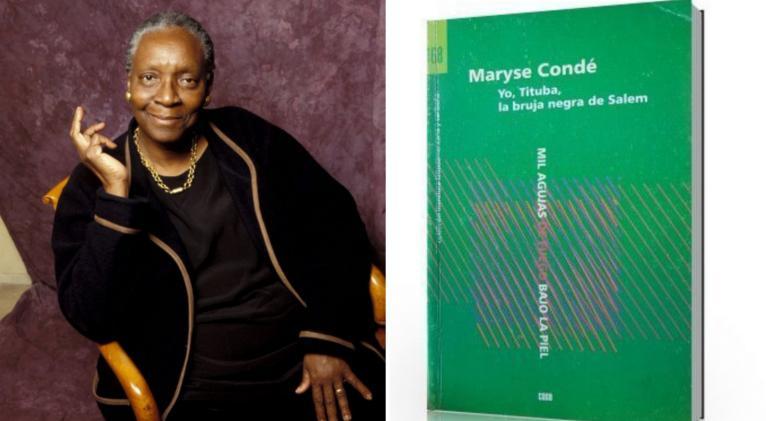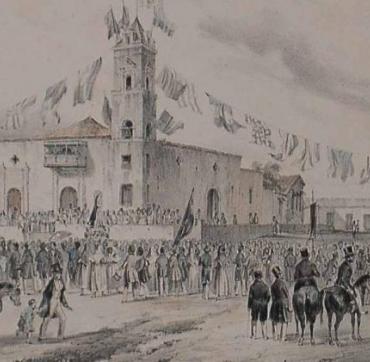THE LIBRARY: A Powerful Book by Maryse Condé
especiales

The great Guadeloupean writer Maryse Condé, one of the main references of Caribbean literature, died at age 90 on Monday, April 1 in France. In Cuba she is known above all for an excellent novel: I, Tituba, the black witch of Salem, published by Casa de las Américas Editorial Fund.
Maryse recreates the “autobiography” of Tituba, a character involved in the infamous Salem witch trials in the late 17 century. It’s about the slave from Barbados who was accused, along with other women, of bewitching a few girls from the small town. The outcome of the intrigue was tragic: almost twenty people were hanged.
Beyond the historical references, it’s not an unknown story: many of its protagonists were already from the famous and extraordinary theatrical text by Arthur Miller, The Witches of Salem.
In fact, Condé dialogues without prejudice with that work, giving voice to one of the most controversial characters in it: Tituba, the black “witch” who “confesses” to her crime and, in the process, “drags” other victims.
From the first pages the vindictive vocation is evident: Condé is fully identified with her heroine and does not hesitate to "justify" her to the last consequences. For the author, Tituba is an unquestionable symbol of injustice, of an ignominious drama: slavery, racism, the stigmatization of a culture.
But it’s also a peculiar historiographic exercise: by choosing Tituba as the protagonist, a character forgotten by historians, Condé claims the right of the “little ones” to narrate the history of the world.
In I, Tituba... the reader will be trapped by the many exciting adventures. It won't give you a break from the fast-paced pace.
You will be seduced by the clarity of the style. You will be captivated by the deep and powerful poetry.
But we must go beyond the anecdote. As in The Witches of Salem, in I, Tituba... the multiple connotations of her are obvious, her emphatic dialogue with the here and now.
Fortunately, gone are the days when someone could go to the gallows just for telling stories about witches, magic, and transmigrations. But other of the calamities that Tituba narrates remain unfinished business of our time.
The contemporaneity of I, Tituba, the Black Witch of Salem is overwhelming.
The novel can be found in bookstores in the Casa de las Américas Literary Fund network.
Translated by Amilkal Labañino / CubaSí Translation Staff














Add new comment